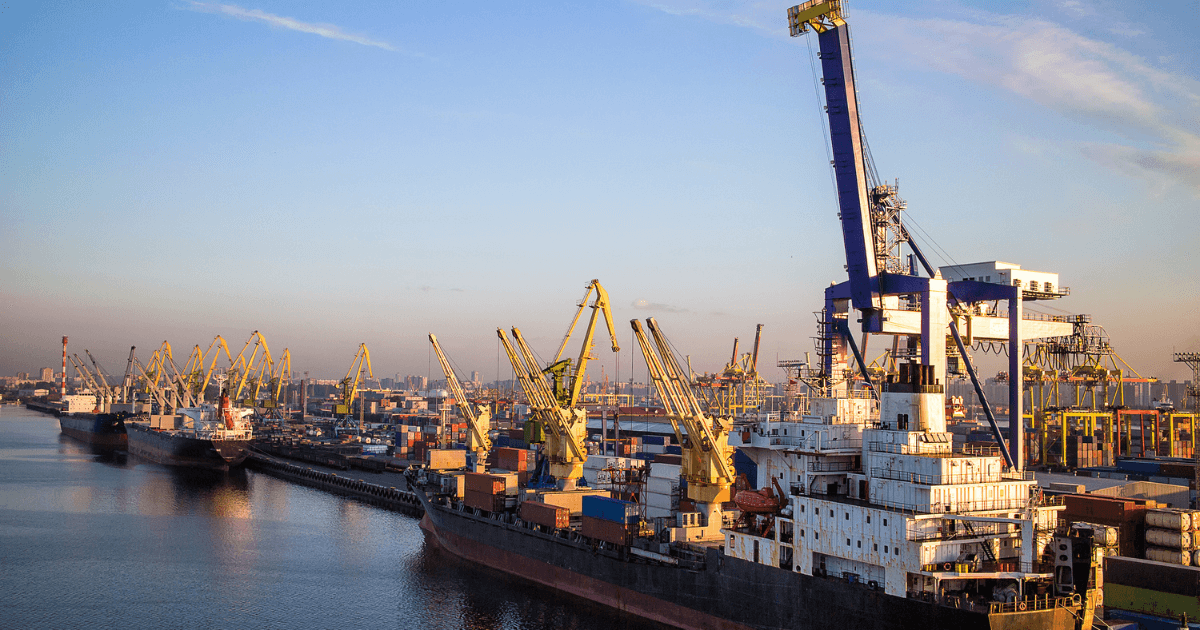The marine and offshore industries are changing fast. Technology is evolving, the workforce is shifting, and companies are feeling the pressure to fill critical skills gaps. Whether you're an employer looking for top talent or a professional planning your next career move, staying ahead of these trends is key. So, what’s shaping the offshore workforce in 2025?
1. Technological Disruption: AI, IoT, and Automation Reshaping Operations
The offshore sector is undergoing a technological renaissance, with Artificial Intelligence (AI), the Internet of Things (IoT), and automation revolutionizing everything from predictive maintenance to real-time operational monitoring. According to a report by Deloitte (2023), AI-driven analytics are optimizing asset management, reducing downtime, and enhancing efficiency across offshore platforms. (Deloitte 2023)
However, this digital shift demands a workforce equipped with advanced technical skills. Companies like Schlumberger and Halliburton are heavily investing in upskilling initiatives, offering digital training programs that bridge the knowledge gap (McKinsey 2023).
2. Demographic Shifts: Millennials and Gen Z Enter the Offshore Workforce
The industry’s talent pool is experiencing a generational shift, with millennials and Gen Z professionals comprising an increasing share of the workforce. Unlike their predecessors, these digital natives prioritize work-life balance, sustainability, and flexible work arrangements (PwC 2023).
Companies that adapt to these changing expectations by implementing hybrid work models (where feasible), enhancing mental health support, and offering career development pathways will have a higher retention rate. McKinsey’s research (2023) highlights that organizations fostering a culture of purpose and inclusivity see 50% lower turnover rates among younger professionals (McKinsey 2023).
3. Revamping the Employee Value Proposition (EVP): Work-Life Balance Takes Center Stage
Attracting and retaining top offshore talent is no longer just about competitive salaries. Today’s workforce demands a strong Employee Value Proposition (EVP) that prioritizes well-being, career growth, and modern living conditions. Industry leaders like Maersk set new standards by upgrading offshore facilities with amenities such as high-speed internet, gyms, entertainment centres, and wellness programs.
4. Training and Development: Immersive Learning for High-Risk Environments
The need for comprehensive training programs has never been greater. Companies are turning to Virtual Reality (VR) and Augmented Reality (AR) simulations to provide immersive training experiences for high-risk roles such as offshore drilling and subsea engineering. Organizations such as Shell and Chevron have already incorporated these tools to enhance safety training and technical skill development, reducing workplace accidents and increasing operational efficiency.
5. Cybersecurity: A Rising Priority in the Digital Age
With offshore operations increasingly relying on digital systems, cybersecurity threats have become a major concern. A PwC global survey (2023) indicates that cyberattacks in the energy sector have surged by 30% over the past two years, making robust cybersecurity frameworks a necessity (PwC 2023). Leading firms are now investing in advanced encryption protocols, AI-driven threat detection, and multi-factor authentication to safeguard critical data. The International Maritime Organization (IMO, 2023) has also tightened cybersecurity regulations, making compliance a top priority for offshore operators
6. Bridging the Skills Gap: Preparing for the Energy Transition
The shift towards cleaner energy sources is creating a critical skills gap in the offshore sector. As the industry diversifies into wind, hydrogen, and carbon capture projects, the demand for specialized expertise is outpacing supply (International Energy Agency (IEA) 2023). Initiatives such as the Energy Skills Passport, endorsed by industry bodies like the International Association of Oil & Gas Producers (IOGP, 2023), aim to create standardized training frameworks across energy disciplines.
With industry giants already taking proactive steps, the race to secure top offshore talent is heating up. Those who invest in their workforce today will be best positioned to lead the next era of offshore operations.
Looking for top energy talent for your project? Visit www.trees-engineering.com to find the right experts for your needs.

